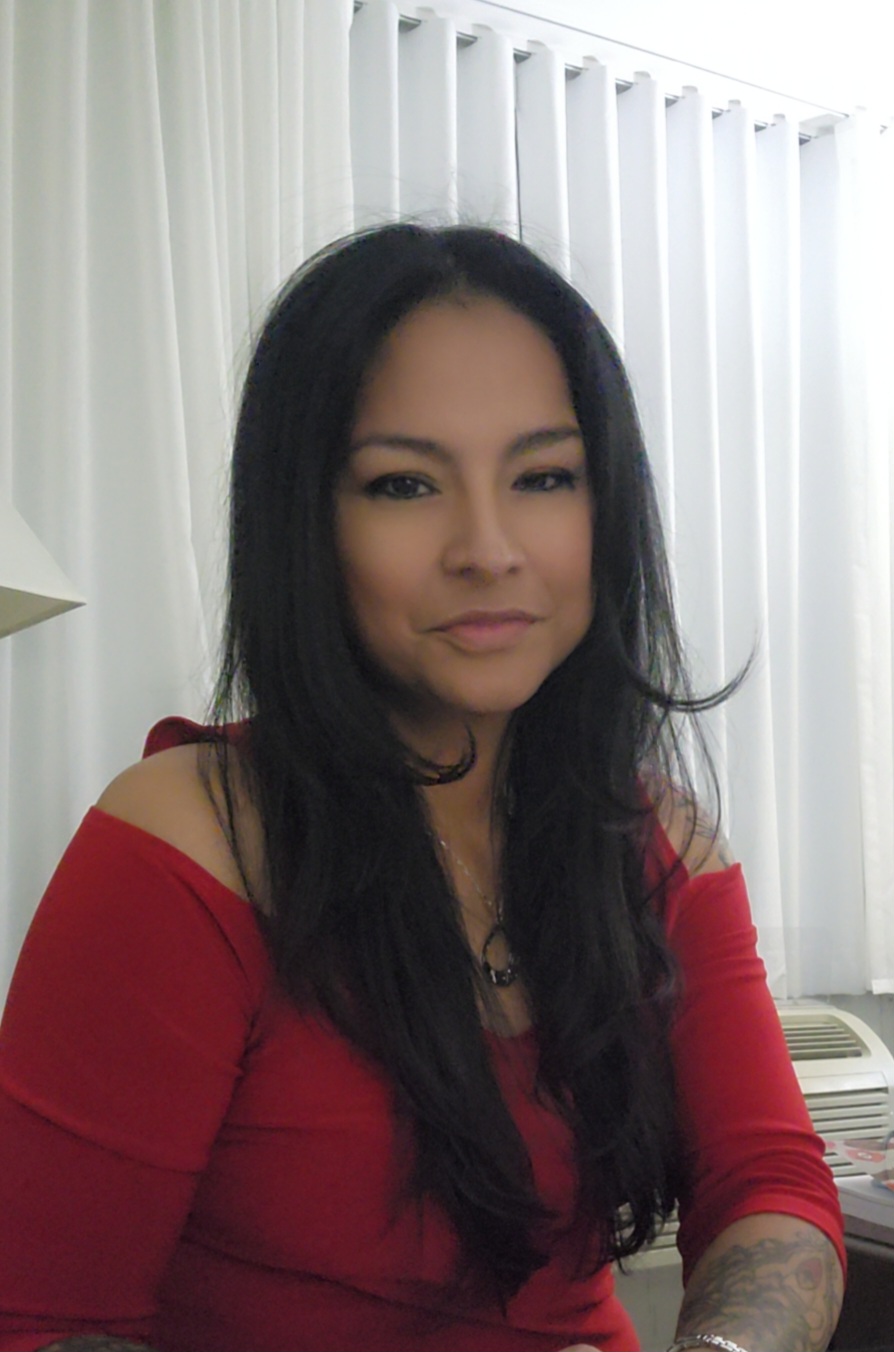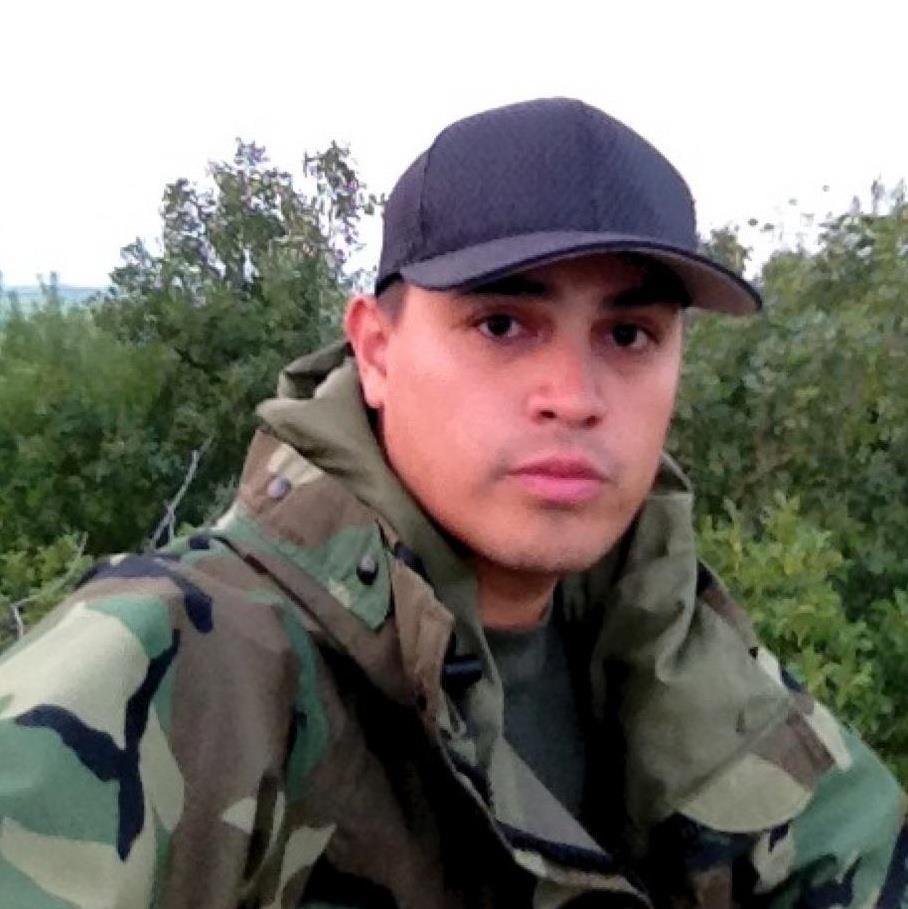Current Graduate Students
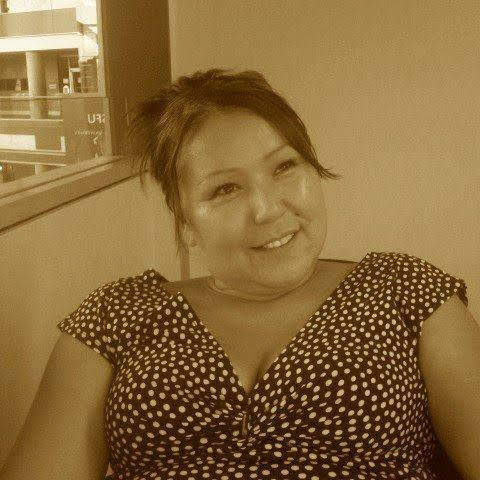 |
Tina Alexis
|
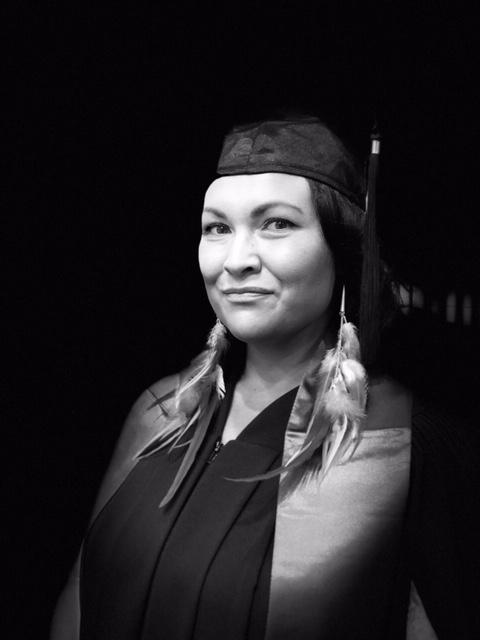 |
Christy Anderson
|
|
|
Danielle BirdMs. Danielle Bird (Nehiyaw) is a member of the Saddle Lake Cree Nation in Alberta and has familial ties to the Mistawasis Nehiyawak in West Central Saskatchewan. Education: BA, Great Distinction 2016 Department of Sociology (Major), University of Saskatchewan Department of Indigenous Studies (Minor), University of Saskatchewan MA, Indigenous Studies, 2021 Department of Indigenous Studies (Major) University of Saskatchewan Research Disciplines: Sociology, Indigenous Studies Areas of Research: Crime, Criminalization, Critical Prison Studies, Social Control, Gender, Indigenous Peoples, Community Reintegration, Social Exclusion, and Violence against Indigenous Women Contact Information: Department of Indigenous Studies, University of Saskatchewan Kirk Hall, 117 Science Place Saskatoon, SK S7N 5C8 Email: danielle.bird@usask.ca |
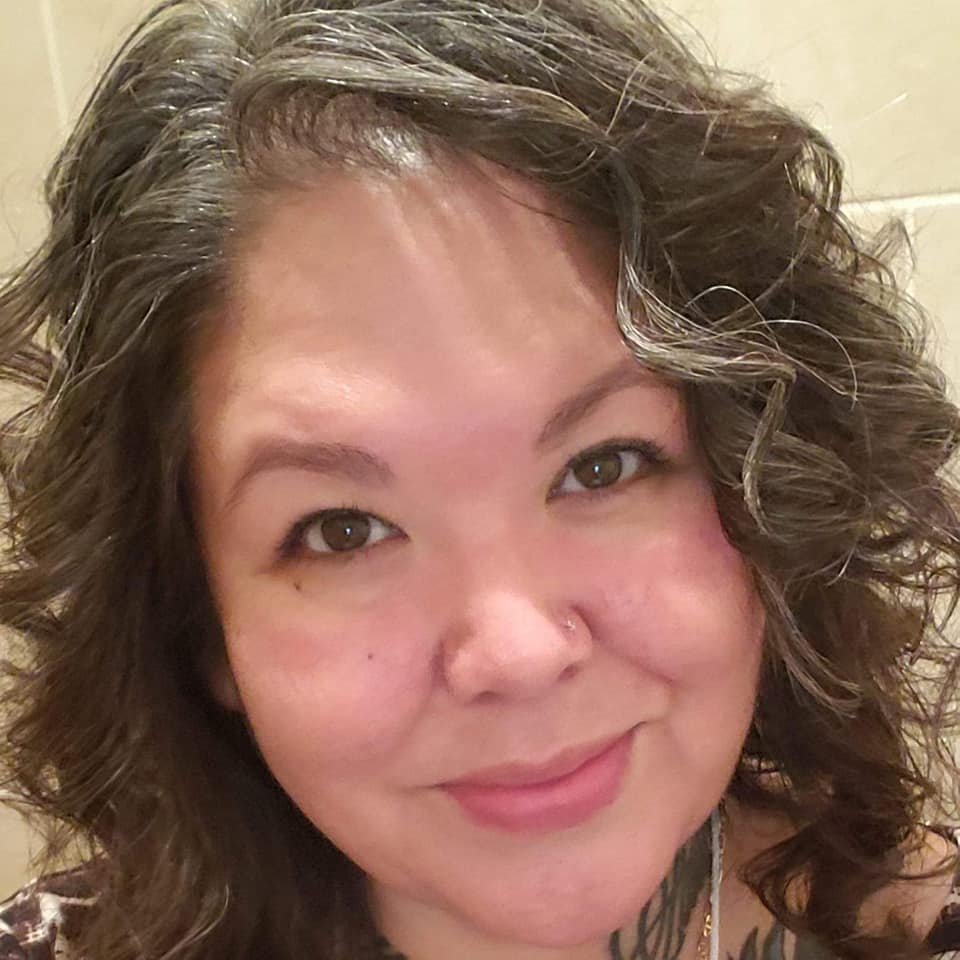 |
Charleen CotePhD Student My name is Charleen Dionne Cote. I am a proud member of the Keeseekoose Saulteaux Nation and have familial ties on the Little Black Bear First Nation, both located on Treaty Four Territory and homelands of the Métis. I am an Anishinaabe kwe and ascribe each of my strengths to my resilient and resolute female lineage. I am married to my best friend and have one adult son. I am a spiritual person with unwavering faith and am defined by my connection to the land. My favorite things to do include hunting, fishing, camping, cooking, and beading. I completed a Certificate of Indigenous Social Work, a Bachelor of Indigenous Social Work, and a Master of Indigenous Social Work through the First Nations University of Canada. My research focus is the impact of intergenerational trauma on Indigenous People. I have worked in clinical counselling, interpersonal violence and with street populations my entire career and have goals and aspirations of linking trauma with brain development, or lack thereof, resulting in specific behaviors in Indigenous populations. |
Charles DeMockerMA Student |
|
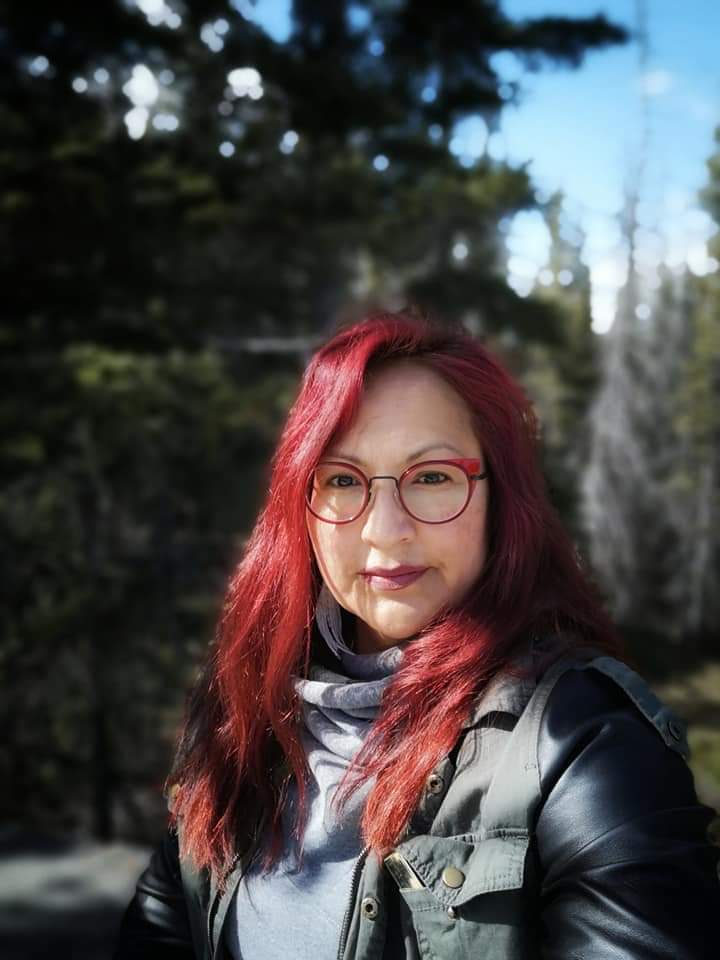 |
Jenny GardipyPhD Student Tanisi. Jenny Gardipy nitisîyihkâson, Beardy's and Okemasis First Nation ohci niya in Treaty 6 Territory. I am a mother of six and grandmother of four. I feel so honoured to be selected as one of the PhD candidates for the Indigenous Studies Department at the University of Saskatchewan. I worked as the Associate Regional Director for the First Nations and Inuit Health Branch (FNIHB) and took a year off work to be closer to nikawiy after nohtâwîpan passed away. I joined the federal government in December 2016 as the Director of Business Operations for the FNIHB, Saskatchewan Region in the newly formed department called Indigenous Services Canada (formerly under Health Canada). I proudly graduated from the University of Saskatchewan in 2011 with a Master's degree in Public Health. Immediately after obtaining my degrees, I worked with national and local health organizations before becoming the Director of Health for my community. I have always had an interest in working in the health field and strongly believe that Indigenous peoples have the capacity and knowledge to make healthy changes in their communities. I am passionate about taking an active role in helping communities move towards better health outcomes. Nikawiy went blind when I was 13-years old and I have witnessed the lack of health services that many in the disabled community face. Nohtâwîpan survived the Indian Residential School and recently passed away on February 15, 2018. His humble and Nehiyaw ways of being continue to be my foundation. I look forward to learning from the amazing Indigenous Studies faculty and possibly contributing to positive health outcomes of Indigenous peoples. kinanâskomitin |
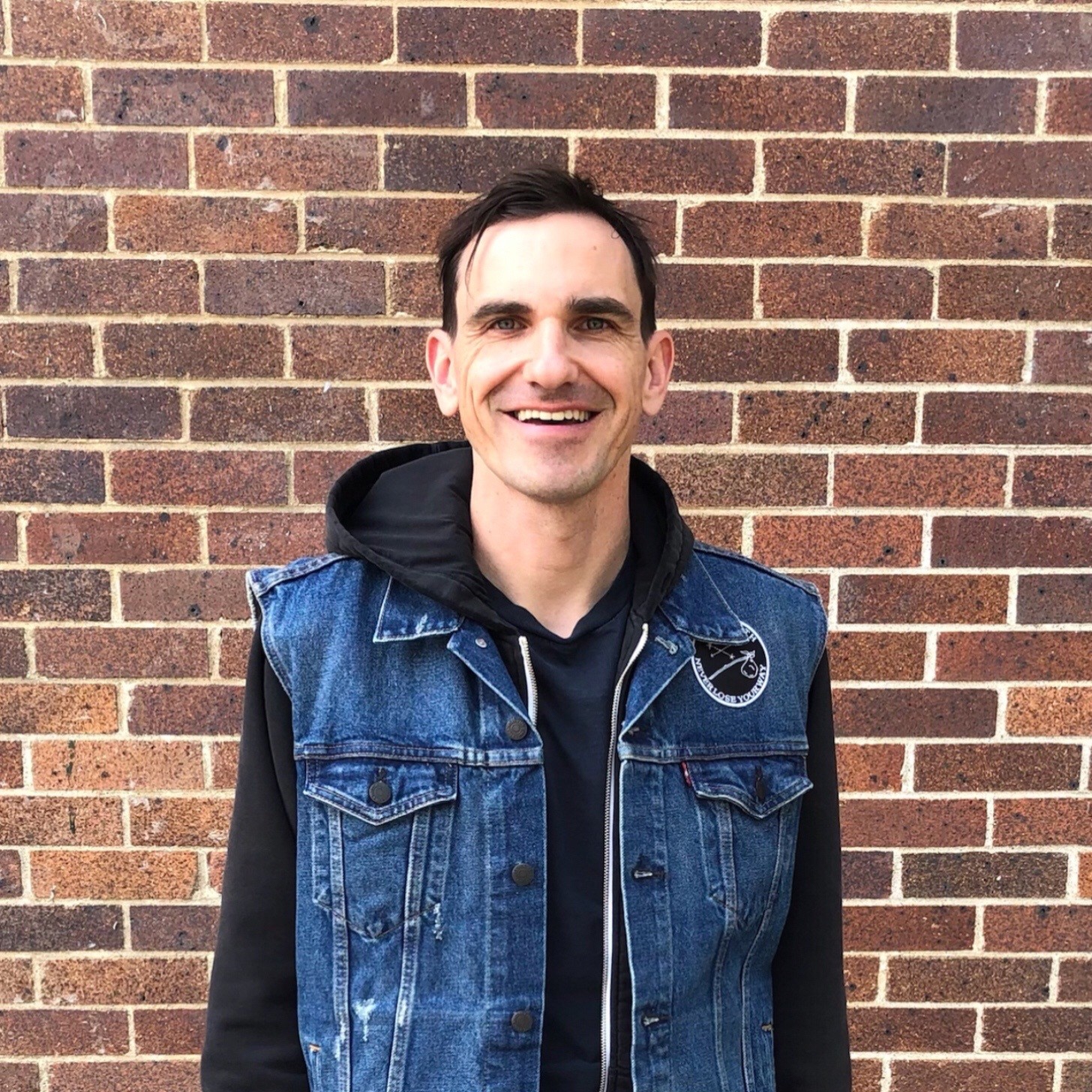 |
Matthew GravlinPhD Student Matt is from and resides in Saskatoon, SK - Treaty 6 Territory. Matt received a BA (Hons) in International Development in 2010, and MA in History in 2015, both from the University of Saskatchewan. His current research areas include critical and radical political theory, discourses of indigeneity and resilience in the Anthropocene, Indigenous resistance against settler-colonial governance, and movements dedicated to the return of colonized land to Indigenous peoples. |
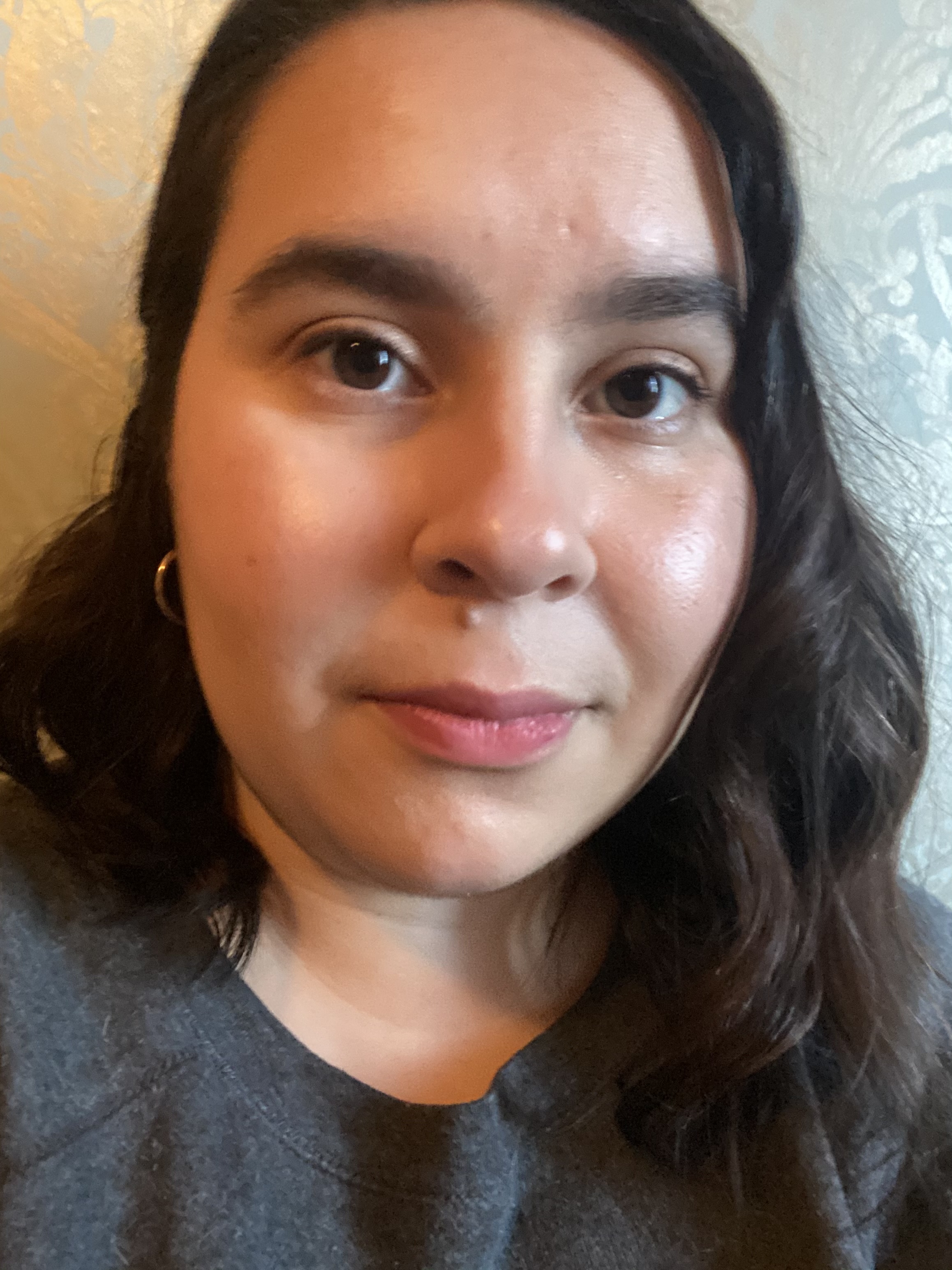 |
Adriana JuarezMA Student Adriana is a Mestizo settler to Treaty Six, Homeland of the Métis. Adriana has a deep love for political music in all genres, which started at a young age due to her politically active family and attributes this music to guiding her research. Some of her favourite political albums include A Short Story About A War by Shad, ameri’kana by Making Movies, and Black Panther: The Album by Kendrick Lamar. She graduated from the University of Saskatchewan in 2019 with a Double Honours in Indigenous Studies and Anthropology. She is currently a student in the Masters program at the University of Saskatchewan and will be focusing her research on Latin American Indigenous resistance music and its role as a political movement during the 1960s-1980s, with a specific focus on El Salvador, Chile, and Mexico. Her research interests include understanding historical and contemporary human rights issues, Socialist and Marxist movements, political music, Latinx and Indigenous feminism, and Indigenous concepts of well-being. |
Sadia LemaMA Student |
|
Isabelle LorangerMA Student |
|
Don MartinMA Student |
|
Dylan MerrickPhD Candidate |
|
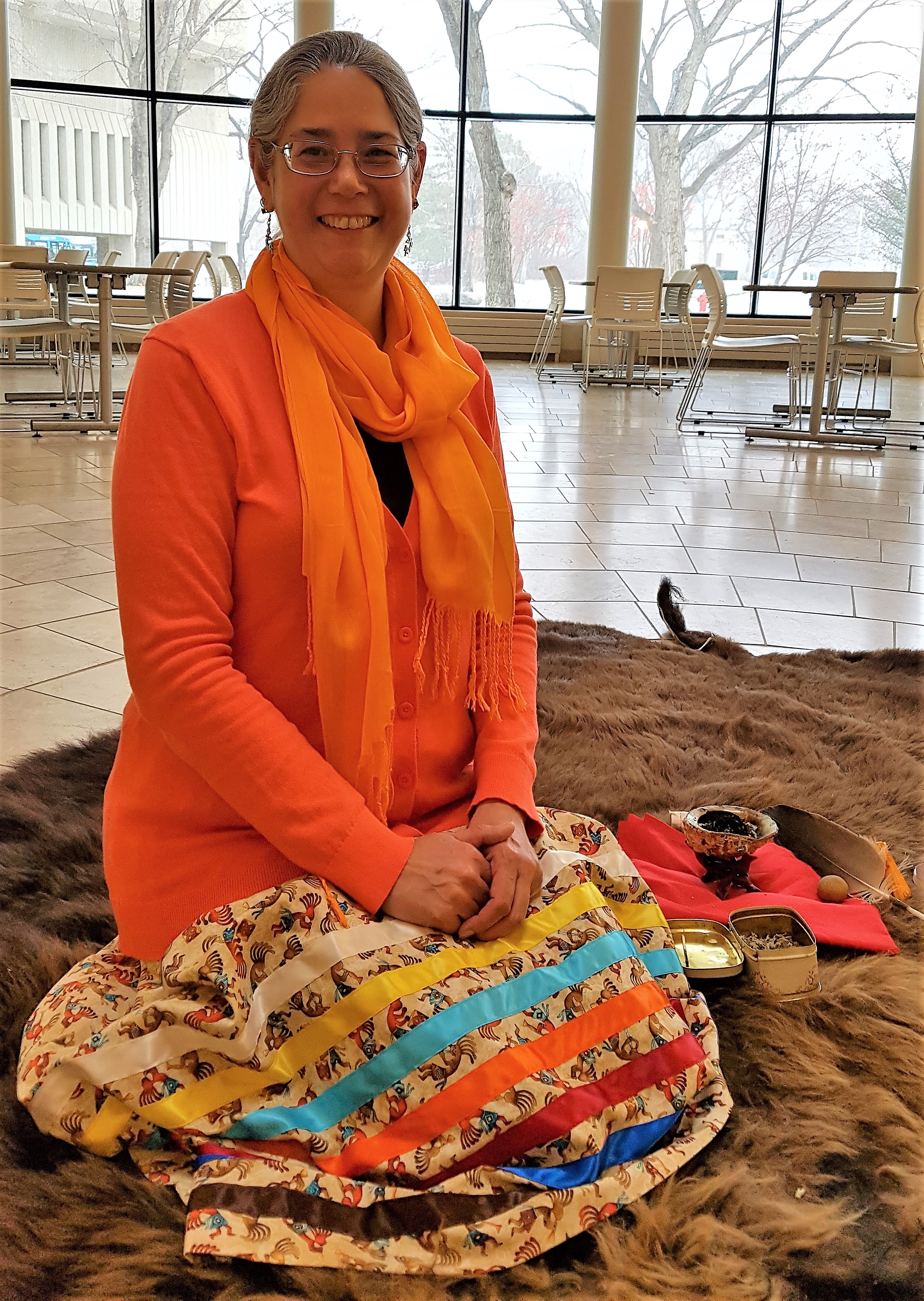 |
Tara MillionPhD Candidate Tara Million is Nêhiyaw (Plains Cree) and is a member of Saddle Lake Cree Nation located within Treaty 6 territory in Alberta, Canada. She is actively involved in undertaking traditional experiential learning centered on the ceremonies and protocols involved with being a pipe carrier. Tara is a doctoral student in the Department of Indigenous Studies at the University of Saskatchewan and is the recipient of a Dean’s Scholarship. Dr. Simon Lambert is her supervisor. Tara’s dissertation focuses on the processes and impacts of organizational Indigenization. Her research interests include Indigenization, public policy development, organizational and workplace culture, change leadership and change management, conflict resolution and HR practices, community-led librarianship, applied and community-based research, Indigenous research methodologies, and paradigm shifting. Her Master’s thesis, “Using Circular Paradigms within an Archaeological Framework: Receiving Gifts from White Buffalo Calf Woman”, was completed in the Department of Anthropology at the University of Alberta and focused on developing an Indigenous archaeology. Her Masters of Library and Information Science (MLIS) had a management specialization and was conducted entirely on-line in the School of Library and Information Science at San Jose State University with a culminating e-portfolio. Since 1999, Tara has presented regularly at regional, national, and international conferences, including Chacmool, Congress, American Anthropological Association conference, the World Archaeological Congress, International Indigenous Librarians Forum, and the Native American and Indigenous Studies Association conference, on a variety of archaeological, library science, and Indigenous Studies topics. She has 5 academic publications, primarily in archaeology, including book chapters in Aboriginal Cultural Landscapes (2004), Indigenous Archaeology: Decolonizing Theory and Practice (2005), and Indigenous Archaeologies: A Reader on Decolonization (2010). Tara has worked for 12 years as a public library manager in a variety of locations: Lakeland Library Region and Saskatoon Public Library in Saskatchewan and at the Hinton Municipal Library in Alberta, where she also managed the Coal Branch Archives. During this time, she worked concurrently for 7 years as a sessional instructor at the North West Regional College and for the Dumont Technical Institute delivering a variety of university, college, and adult education courses to rural students in Meadow Lake, Saskatchewan. She has served as a board member for a variety of local and provincial organizations and has been an Indigenous Steering Committee Member for the World Archaeological Congress (2001-2003). Currently, Tara is the Treasurer for the Library Services for Saskatchewan Aboriginal Peoples committee and represented LSSAP at the 2019 International Indigenous Librarians Forum. |
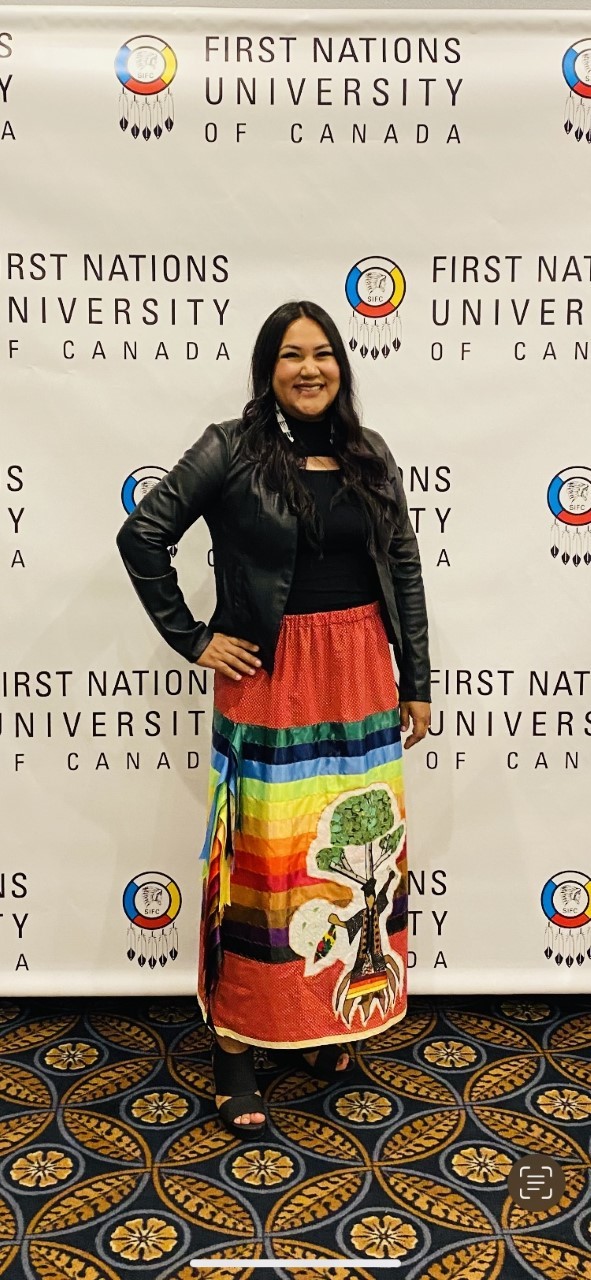 |
Wendy MirastyPhD Student Wendy Mirasty is from Little Red River Reserve-Lac La Ronge Indian Band located on treaty six territory. She is currently a Doctoral student with the Department of Indigenous Studies, University of Saskatchewan. She is a self-published author “52 Weeks of a Single Mother’s Love”. It is a self-help book for single mothers. Weekends she spends time with her family. Most of the time it is at the football field, hockey rinks or basketball courts year round. Wendy’s research is focused on the impacts of Intergenerational Trauma from the Indian Residential School system. She is an intergenerational survivor and is committed to helping people live a good life. |
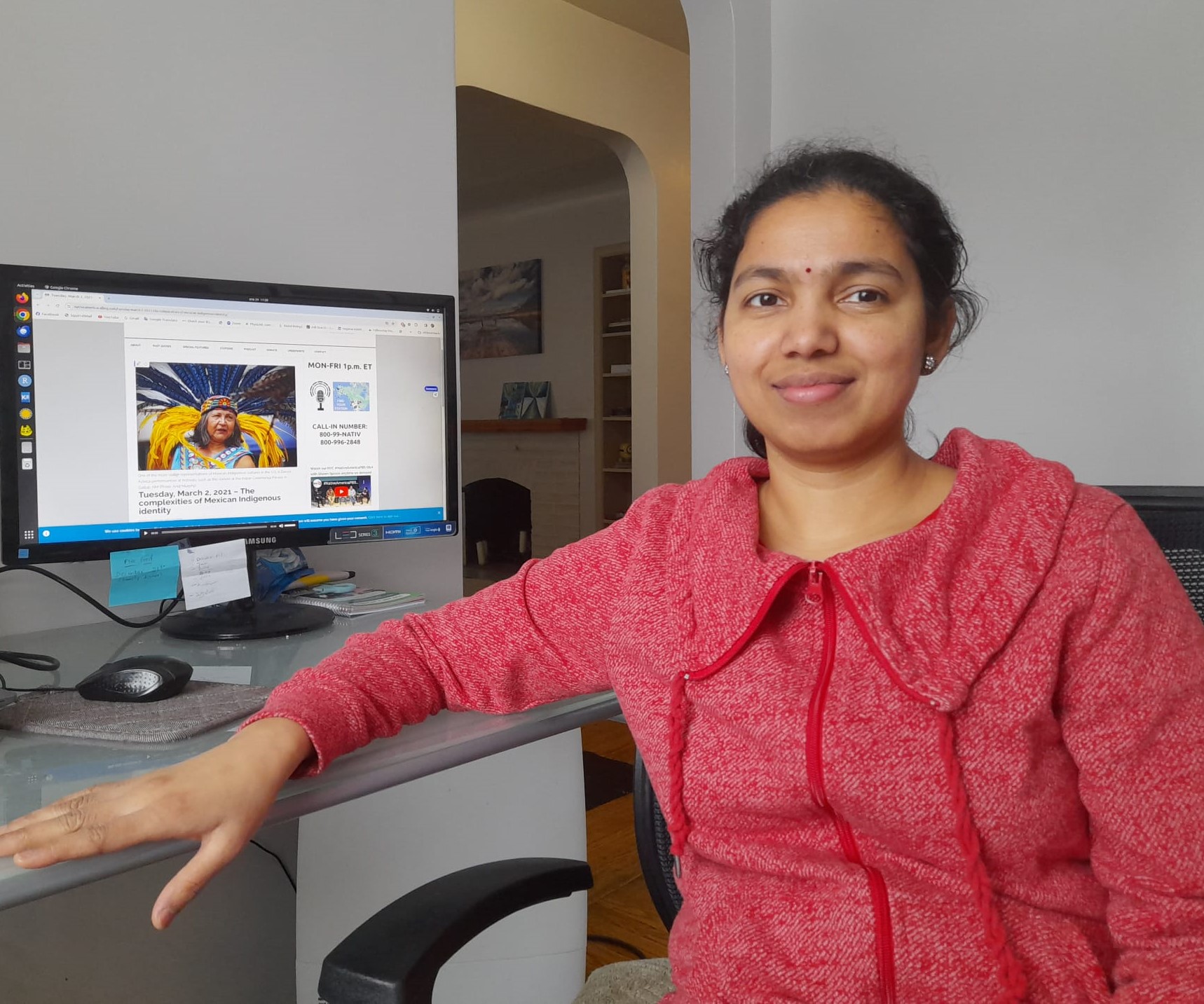 |
Suganya MunusamyPhD Student Suganya Munusamy, originally from India, is currently pursuing a PhD in the Department of Indigenous Studies at the University of Saskatchewan, under the supervision of Dr. Allyson Stevenson. Having made Mexico her home for the past ten years, her academic journey is shaped by a rich blend of cultural experiences, including learning a new language, Spanish. Suganya's academic achievements stand out, particularly in her first master's degree in Economics, where she earned a gold medal and secured the top rank at the university for academic excellence. Another step in her academic journey was receiving the Mexican National Scholarship CONACYT for her recent master's degree in Mexico. Despite her background in Economics, Suganya's current academic pursuit is an exciting interdisciplinary PhD focusing on Indigenous Studies. Her research is centred around the nuanced dynamics of child poverty within Mexican Indigenous communities, with a specific emphasis on single-parent families. Beyond her research, she actively contributes to the academic community as a Teaching Assistant for Introduction to Canadian Indigenous Studies with Swapna Padmanabha and a Research Assistant on the Métis land project under Dr. Allyson Stevenson. She is delighted to be part of this academic adventure, exploring the intersection of Economics and Indigenous Studies to gain valuable insights into the challenges faced by Indigenous families. |
Julie NaytowhowMA Student |
|
|
|
Swapna PadmanabhaPhD Candidate Swapna returned to her educational pursuits after a 27 year hiatus and recently graduated from the University of Saskatchewan with a four year BA in psychology (Great Distinction). Swapna is particularly interested in working in the area of psychological well-being within marginalized communities. For her thesis project she will be examining contemporizing traditional Aboriginal stories as a method of promoting education for Aboriginal men. She is currently examining the construct of Indigenous male identity in the first phase of her thesis project. |
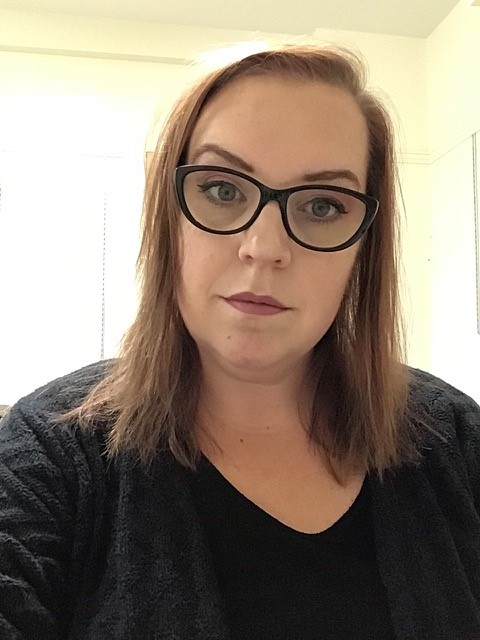 |
Krystl RavenPhD Candidate Krystl Raven, a settler scholar, has spent most of her life on the prairies and returned to school as a single mother after owning a business in Saskatoon for almost a decade. Krystl enjoys animals and has a house filled with three dogs, one cat, and a teenager. When not busy with her school or family, Krystl can be found riding her horse, Cicero. Her SSHRC funded dissertation builds off of her master’s thesis— Beyond the Battle: Gabriel Dumont and Metis leadership 1837-1885— by using Gabriel Dumont as a lens into Métis identity and its connection to homelands, kinship, cultural capital, leadership, and memory. Krystl acknowledges the advice and knowledge that Métis community members have kindly shared with her through the process of researching and writing her dissertation. Krystl’s current research interests include Métis studies, diaspora studies, political activism, leadership, adoption, biography, postcolonial history, decolonization, oral history, and community-engaged scholarship. Krystl currently works as a writing tutor for the writing center and as a sessional for the Department of Indigenous Studies. As a first-generation scholar, she enjoys helping students from a wide variety of backgrounds learn to navigate academia. Publications: Wills, Jeanie, and Krystl Raven. “The Founding Five: Transformational Leadership in the New York League of Advertising Women’s Club, 1912–1926.” Journal of Historical Research in Marketing ahead-of-print, no. ahead-of-print (May 20, 2020). https://doi.org/10.1108/JHRM-04-2019-0015. Raven, Krystl. “Ka Oopikihtamashook’: Becoming Family.” AlterNative: An International Journal of Indigenous Peoples 14, no. 4 (2018): 319–325. https://doi.org/10.1177/1177180118821170. Raven, Krystl. “‘Homeland and Empires: Indigenous Spaces, Imperial Fictions and Competition for Territory in Northeastern North America 1690-1763’ by Jeffers Lennox-Review.” Journal of History and Cultures, no. 9 (February 2019): 117–19. Selected Conference presentations:
|
|
|
Anna SchneiderPhD Candidate E-mail: ans295@mail.usask.ca Anna is an international Doctoral student from Siegen, Germany. She completed her Bachelor of Arts in Anglophone Studies at the University of Marburg in 2013 and graduated with a Master of Arts in North American Studies in 2016. During her master's program, Anna visited the University of Saskatchewan in the fall of 2014 as part of an exchange program between the University of Marburg and the U of S. She was given the opportunity to take Theoretical Issues in Native Studies, aiming to receive a first insight into the discipline of Indigenous Studies, which is largely missing from German and generally European university curricula. Her thesis contextualized histories of genocide in Germany and North America and how these histories have informed different discourses of guilt, identity, and reconciliation in present-day perpetrator societies, especially after WWII. Her doctoral research will tie in with these findings and explore more about German-European, as well as North American discourses of Indigenous colonial history and genocide. |
|
|
Mylan TootoosisPhD Student Mylan Tootoosis is Nêhiyawpwat (Plains Cree-Nakota) from Poundmaker Indian Reserve located within Treaty Six Territory. He is currently a Doctoral Student in the Department of Indigenous Studies at the University of Saskatchewan. He completed his Masters of Arts in Indigenous Governance at the University of Victoria in British Columbia in 2013 and obtained his Bachelors of Arts in Indigenous Liberal Studies at the Institute of American Indian Arts in Santa Fe, New Mexico. His work concentrates on the Political Ecology of Contemporary Indigenous Prairie Livelihood and Decolonization. |
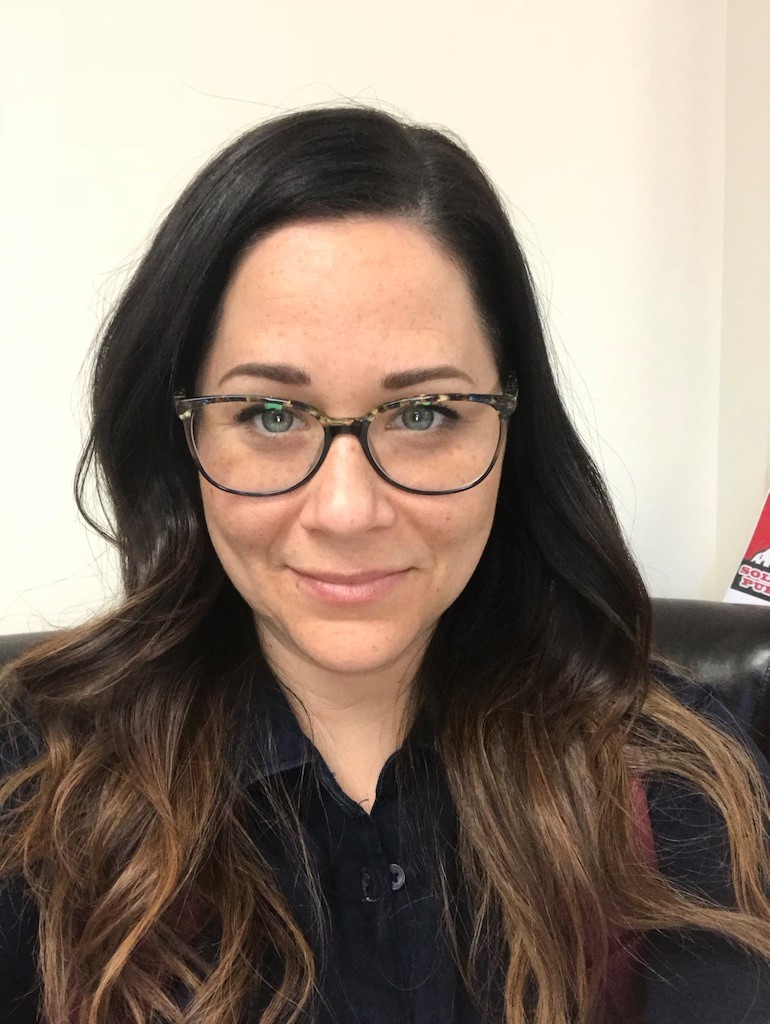 |
Sarah WernerMA Student Sarah Werner is a settler born and raised in the Williams Treaty territory (Southern Ontario) with family ties to both the East Coast of Canada and Germany. She holds a Bachelor of Arts (Hons.) from Trent University with a double major in Indigenous Studies and Anthropology. Sarah is currently enrolled in the Master of Arts, Indigenous Studies at the University of Saskatchewan, her M.A. research focuses on decolonizing the human-animal bond, specifically in therapy animal contexts. |
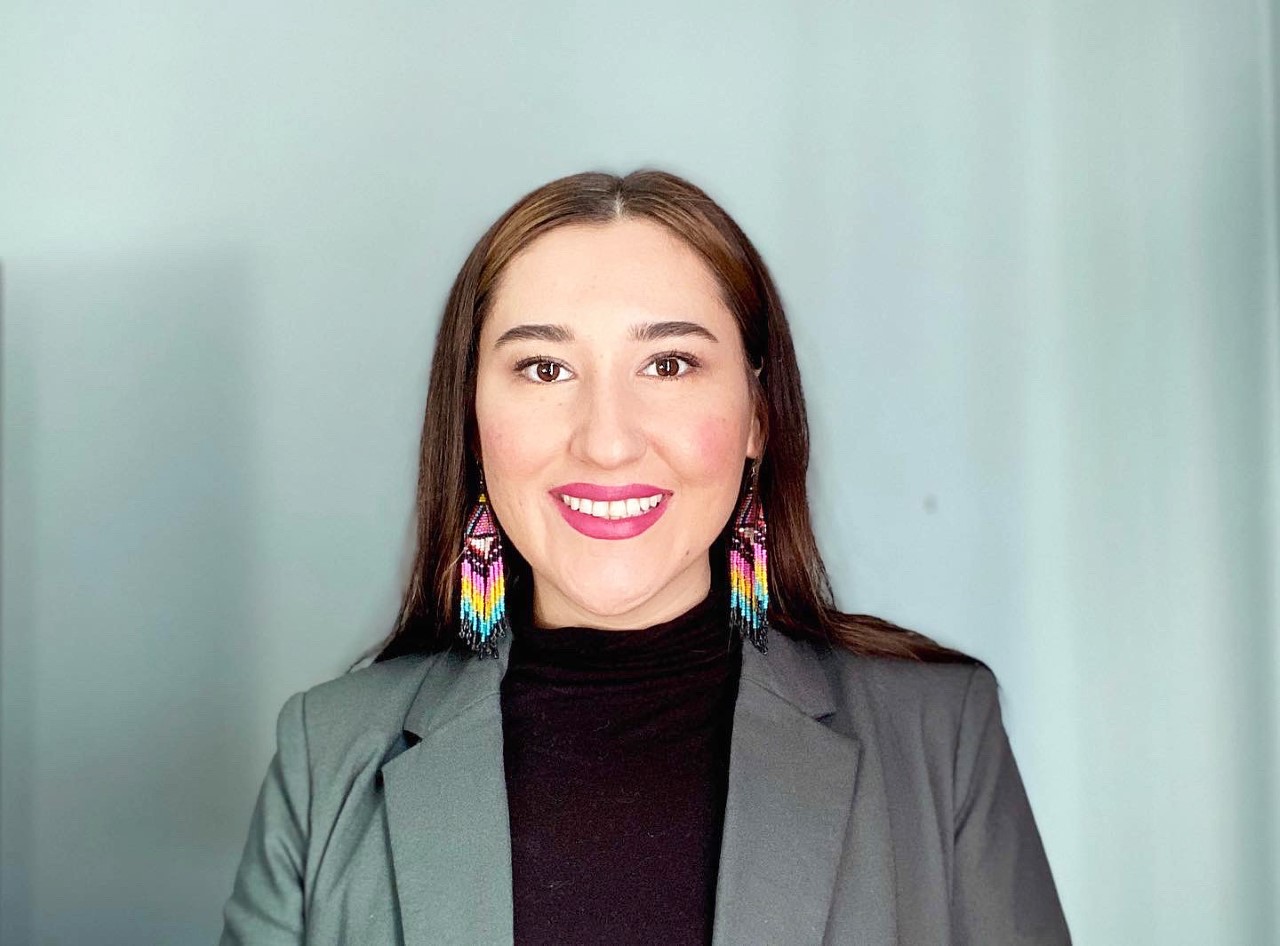 |
Michelle ZinckMA Student Michelle Zinck is Dënë from Fond Du Lac Dënësułinë First Nation, located in the Treaty 8 Territory of northern Saskatchewan. Michelle is master's student in the Department of Indigenous Studies at the University of Saskatchewan. Her research is centered on community engagement and the co-development of meaningful initiatives to address the health effects from colonially induced environmental changes in her community and globally. Michelle's research interests include Indigenous health, land and health, community-engagement, land-based healing, traditional knowledge, and Indigenous food sovereignty. |
